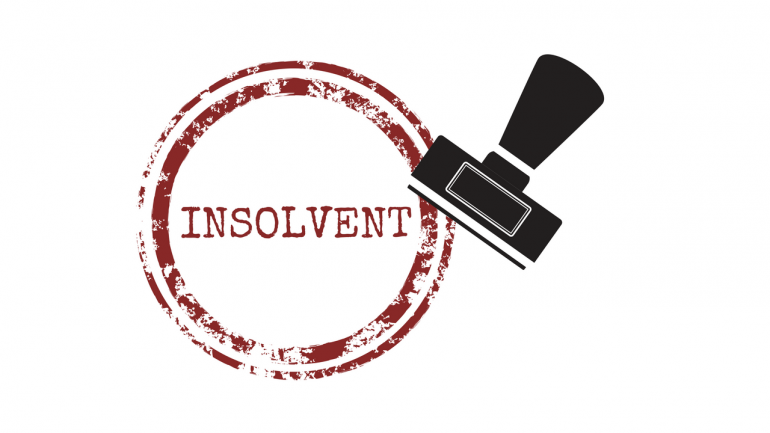If your company has been declared insolvent by a cash flow test or a balance test, you are probably wondering what the next step will be for your company. You may have heard well about insolvency managers and their roles in the next steps, but you are not quite sure what they need and what they do when they work. Well, to clarify the situation, we have compiled this very brief and incomplete guide to some of the requirements and duties of the insolvency practitioner in the United Kingdom. Keep in mind that this guide is only for companies in the United Kingdom.
What to indicate?
First, you must indicate that, in accordance with the legislation of the United Kingdom, if you are subject to a formal insolvency procedure, you must appoint an insolvency practitioner. These practices must have a work permit and license and be supervised by the regulatory authorities to ensure compliance with the law and the rules established for insolvent companies. Most IPs have experience in accounting or also in the practice of accountants, and therefore are well versed in accounting. If someone who does not have a license acts as an insolvency representative, it is against the law and you will be prosecuted.

When you hire an insolvency practitioner, he has several responsibilities that you must fulfill. The main one is an attempt to save your business. First, the IP will examine your books and negotiate with your creditors to find out if your business can be saved from insolvency. This can include the sale of many assets of a company to pay debts, but if possible, the insolvency practitioner will always try to save your business.
Conclusion
These are the basic responsibilities of IP, but they will also actively consult with you and provide you with many other services that work for your company. Remember that intellectual property cannot harm or damage your business, so it is never recommended to provide anything other than complete access to your records.










